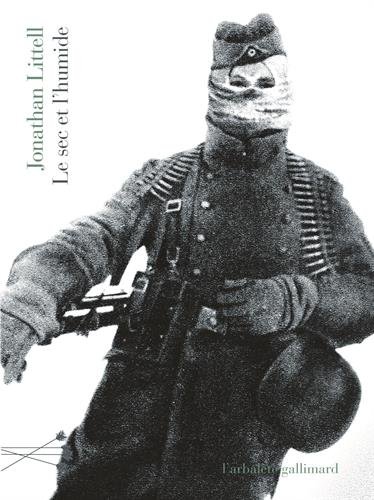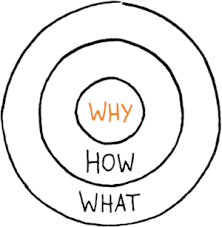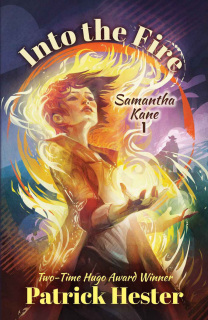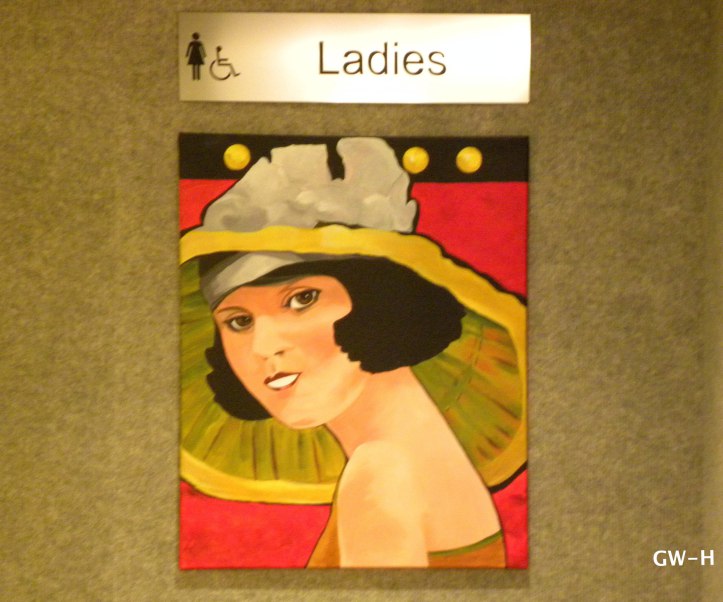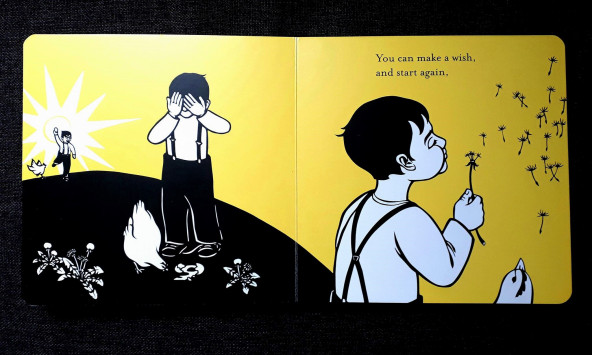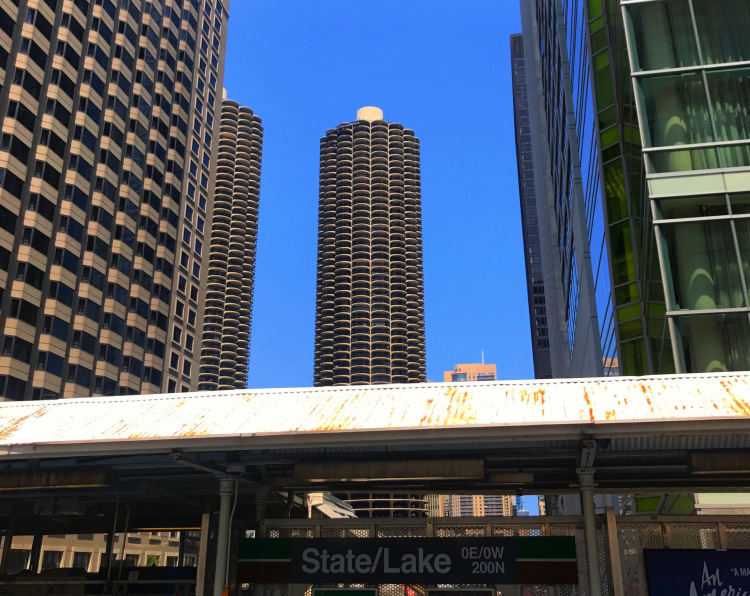Fictional dystopias use the power of ‘what if?’ to change something or extrapolate particular social or technological trends and imagine the impact on people’s lives. The best ones are also good stories, well told, about people; their hopes, fears, feelings and relationships. They help us to imagine ourselves in a different society with different possibilities. They also remind us that change is possible, indeed inevitable; a different world is possible and things as they are can be challenged.
Dystopias can serve as a warning about our current direction of travel or the consolidation of things as they are. They can shine a light on our present reality and make us look at things with fresh eyes. Far from being purely escapism or fantasy, they make us think and discuss things which affect us in the real world. So, for instance:
What if… we lived in a society where:
- People have survived a massively destructive event or war; a post-apocalyptic setting (Who Fears Death, Parable of the Sower, Divergent, The Handmaid’s Tale…)
- People are bred to occupy distinct social roles or strictly categorised along racial lines (Brave New World, Never Let Me Go, Who Fears Death, The Parable of the Sower)
- People are sharply divided on economic lines and the poor are treated as subhuman (Utopia).
- Women have no rights and are routinely raped to provide children for the ruling class (The Handmaid’s Tale)
- Religion is used to justify injustice and persecution (The Handmaid’s Tale)
- Culture and heritage are deliberately destroyed and forgotten (Fahrenheit 451)
- People are kept in a constant state of fear, hysteria and preparation for war (1984)
- Propaganda is more important than truth (1984)
- People are encouraged to take drugs and have casual sex (Brave New World)
- People have no individuality or identity (We)
There are many other possible ‘what if’s’ or combinations of these and this is the raw material of dystopian fiction. Previous posts have recommended 8 great dystopian novels:
Reading Dystopias: We by Yevgeny Zamyatin, Brave New World by Aldous Huxley, 1984 by George Orwell, Never Let Me Go by Kazuo Ishiguro,
More fictional dystopias: Fahrenheit 451 by Ray Bradbury, The Handmaid’s Tale by Margaret Atwood, The Man in the High Castle by Philip K Dick, It Can’t Happen Here by Sinclair Lewis.
Here are 4 more to add to these:
Utopia by Ahmed Khaled Towfik (2008) [176 pages]
In one hour, I’ve done everything, and there’s nothing left in life that interests me or that I want…This was my land and this was my world. I was born here. If my father stole these rights, then they had become my birthright, and I wouldn’t give them up to beggars and street whores.
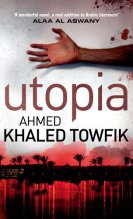 It’s 2023. Welcome to Utopia, the US-protected colony on the north Egyptian coast to which the wealthy retreated in the first decade of the 21st century. The Others, outside Utopia have sunk into hunger, disease and violence. In this vision of an alternative future, written in Arabic, Utopia’s youth are spoiled, devoid of feeling for others. Only one thrill remains to the young who are inured to appreciation by a lifetime of instant gratification – and it lies beyond the barbed wire and security fences of Utopia. The narrator and his girlfriend are on a mission to find a suitable Other to kill, and then hack off a limb to bring back as a trophy of their hunt.
It’s 2023. Welcome to Utopia, the US-protected colony on the north Egyptian coast to which the wealthy retreated in the first decade of the 21st century. The Others, outside Utopia have sunk into hunger, disease and violence. In this vision of an alternative future, written in Arabic, Utopia’s youth are spoiled, devoid of feeling for others. Only one thrill remains to the young who are inured to appreciation by a lifetime of instant gratification – and it lies beyond the barbed wire and security fences of Utopia. The narrator and his girlfriend are on a mission to find a suitable Other to kill, and then hack off a limb to bring back as a trophy of their hunt.
Ahmed Khaled Towfik (born in 1962) is an Egyptian medical professor and the Arab world’s best-selling author of horror and fantasy genres and has written over 500 books.
Who Fears Death by Nnedi Okorafor (2010) [304 pages]
The novel takes place in a post-apocalyptic future version of Sudan, where the light-skinned Nuru oppress the dark-skinned Okeke. The protagonist, Onyesonwu (Igbo for ‘who fears death’), is an Ewu, the child of an Okeke woman raped by a Nuru man. On reaching maturity, she goes on a quest to defeat her sorcerous father Daib using her magical powers.
The novel was partly inspired by an article about the ‘weaponization’ of rape by militias in the Darfur conflict. The novel includes a graphic scene in which Onyesonwu is subjected to female genital mutilation (FGM), which significantly impairs her ability to use her magical powers. When she was challenged about her criticism of FGM in the book, Okorafor commented that she is proud of her Igbo identity, but that:
“culture is alive and it is fluid. It is not made of stone nor is it absolute. Some traditions/practices will be discarded and some will be added, but the culture still remains what it is…Just because I believe that aspects of my culture are problematic does not mean I am ‘betraying’ my people by pointing out those problems…What [cutting] all boils down to … is the control and suppression of women.”
 Nnedi Okorafor was born in the United States to Nigerian parents. She has a PhD in English and is a professor of creative writing at Chicago State University. She has won many awards for her short stories and young adult books. Who Fears Death was awarded the 2011 World Fantasy Award for Best Novel and Okorafor wrote a prequel, The Book of Phoenix which was published in 2015.
Nnedi Okorafor was born in the United States to Nigerian parents. She has a PhD in English and is a professor of creative writing at Chicago State University. She has won many awards for her short stories and young adult books. Who Fears Death was awarded the 2011 World Fantasy Award for Best Novel and Okorafor wrote a prequel, The Book of Phoenix which was published in 2015.
Parable of the Sower by Octavia E Butler (1993) [299 pages]
Set in a future where society has fallen apart as a result of climate change, massive inequalities and corporate exploitation, this is the story of the ‘hyperempathic’ young woman, Lauren Oya Olamina, who has a unique ability to feel the emotions and pain of others. As a teenager growing up in a gated community she begins to develop a new belief system which she calls Earthseed. After her family are murdered, she travels north with other survivors. The world is in chaos, ethnic and religious minorities are persecuted and inter-racial relationships are discouraged. Lauren believes that humankind’s future is to travel beyond Earth and live on other planets, forcing a new kind of maturity, with Earthseed as part of the preparation…
 The American author Octavia Butler (1947 – 2006) described herself as “a pessimist if I’m not careful, a feminist always, a black, a quiet egoist, a former Baptist and an oil-and-water combination of ambition, laziness, insecurity, certainty and drive.” She consistently resisted the threat of ‘hierarchical’ thinking which she saw leading to intolerance and violence between people. In A World without Racism she wrote:
The American author Octavia Butler (1947 – 2006) described herself as “a pessimist if I’m not careful, a feminist always, a black, a quiet egoist, a former Baptist and an oil-and-water combination of ambition, laziness, insecurity, certainty and drive.” She consistently resisted the threat of ‘hierarchical’ thinking which she saw leading to intolerance and violence between people. In A World without Racism she wrote:
“Simple peck-order bullying is only the beginning of the kind of hierarchical behaviour that can lead to racism, sexism, ethnocentrism, classism, and all the other ‘isms’ that cause so much suffering in the world.”
Divergent by Veronica Roth (2011) [487 pages]
 In a future society, people are divided into five factions based on their dispositions. Abnegation: the selfless, Amity: the peaceful, Candour: the honest, Dauntless: the brave and Erudite: the intellectual. All 16-year-olds undergo extreme initiation tests to decide which faction they belong in, with devastating consequences, while the ‘factionless’ live in poverty. The ruthless order of this society is threatened by growing conflict.
In a future society, people are divided into five factions based on their dispositions. Abnegation: the selfless, Amity: the peaceful, Candour: the honest, Dauntless: the brave and Erudite: the intellectual. All 16-year-olds undergo extreme initiation tests to decide which faction they belong in, with devastating consequences, while the ‘factionless’ live in poverty. The ruthless order of this society is threatened by growing conflict.
The American writer Veronica Roth was born in 1988 and Divergent is the first of a trilogy which includes Insurgent and Allegiant. Divergent was the Goodreads Favourite Book of 2011 and the of the Best Young Adult Fantasy & Science Fiction award in 2012.
Assignment: Try to come up with some original ‘what if’s’ of your own and write a brief description of the dystopian society they would generate as a setting for a story. What new dramatic possibilities does the situation offer.
See also:
Reading Dystopias (July 2015)
More Fictional Dystopias (March 2017)
Share this: